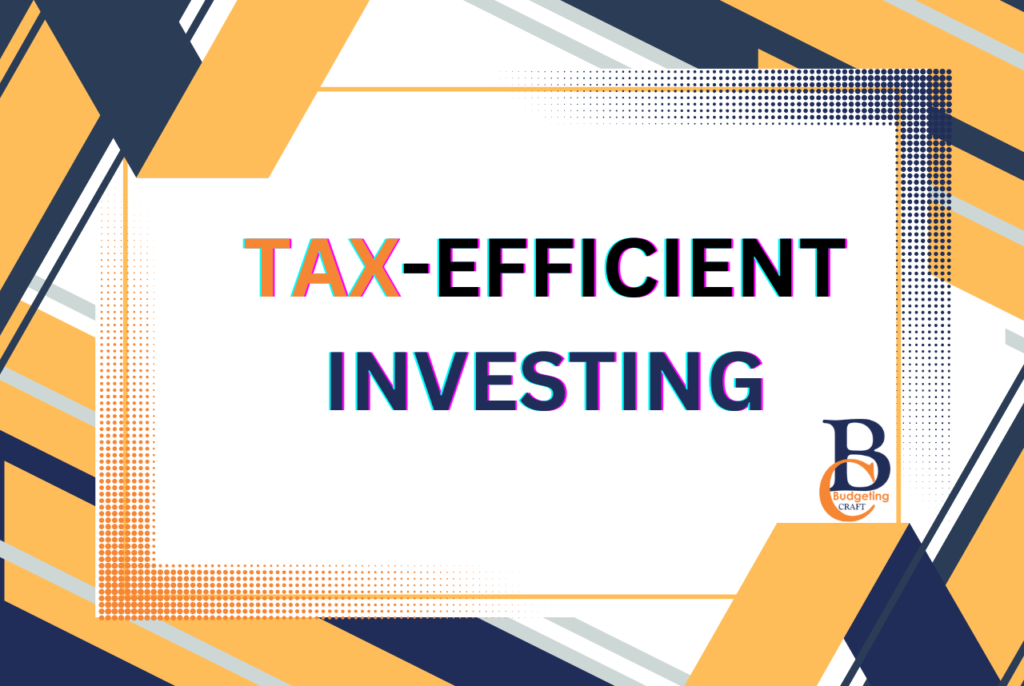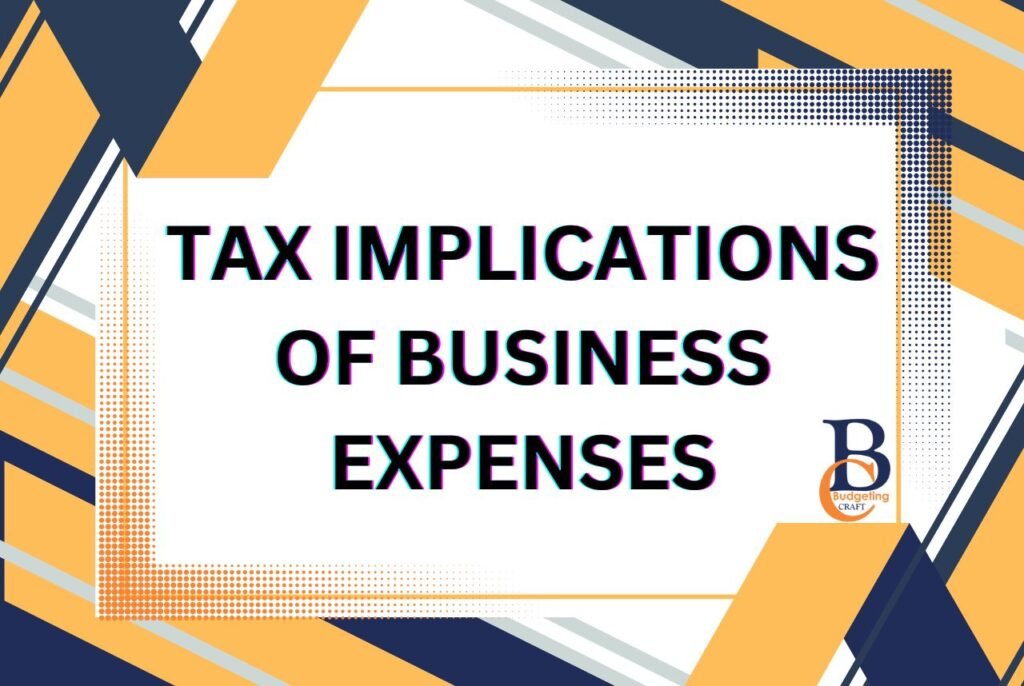Introduction
While navigating and working through the complexities associated with the tax system can be a daunting task, avoiding penalties for taxes is one of the crucial ways through which you ensure compliance and good health financially. You could be charged with a penalty due to various reasons; these include but are not limited to the following: underpayment, late filing, and inaccuracies in tax returns.
This guide provides essential advice on how to avoid tax penalties and maintain financial health. These will go a long way in ensuring that you remain compliant with the laws of the land in relation to taxes and also avoid unnecessary costs.
Common Tax Penalties
The IRS assesses a variety of different penalties for making sure tax returns are filed on time and that the payment is made on time. Knowing what these penalties are will enable you to be more proactive in trying to avoid them.
Types of Penalties
- Late Filing Penalty: Assessed when a tax return is filed after the due date without an extension.
- Late Payment Penalty: Assessed when taxes owed are not paid on or before the due date, even if an extension is granted.
- Underpayment Penalty: This may be applied if you have not paid enough taxes during the year. This generally applies to people who are self-employed and to those with substantial non-wage income.
- Accuracy-Related Penalty: This penalty is assessed on your tax return whenever there are noticeable errors, underreporting of income, or improper deduction.
Key Strategies on How to Avoid Tax Penalties
1. File Your Tax Return on Time
Filing your tax return on time is fundamental to understanding how to avoid tax penalties. The regular deadline is on April 15th; this is extendable to October 15th upon a filing of an extension request.
How to File on Time:
- Organise Early: Scrounge together all tax documents early, including W-2s, 1099s, and receipts for deductions.
- Employ Professional Services or Reliable Tax Software: You can outsource the services of a professional or use reliable tax software to make preparation and filing easier for you.
Filing Extensions
- File Form 4868: In case you need more time in preparing your tax return, file Form 4868 for an automatic six-month extension. Note: This extends the time to file but not the time to pay.
2. Pay Your Taxes on Time
Paying your tax on or before the due date for payment, even if you have filed for an extension of time to file. The IRS will charge interest and penalties on taxes not paid by the due date.
Payment Options:
- Electronic Payments: You can use the IRS Direct Pay, Electronic Federal Tax Payment System (EFTPS), or a credit/debit card to make payments.
- Instalment Agreements: If you cannot pay what you owe, set up an instalment agreement with the IRS that lets you pay over time.
Avoiding Late Payment Penalties:
- Estimated Payments: If you have significant non-wage income arising from self-employment, investments, or even rental activities, you are expected to make estimated tax payments during the year.
3. Properly Report All Income
To master how to avoid tax penalties, ensure accuracy when reporting all sources of income.. This includes wages, interest, dividends, capital gains, and any other income.
Tips for Accurate Reporting
- Double-check All Income Documents: Ensure all your W-2s and 1099s are included in your tax return.
- Keep Detailed Records: Keep proper detailed records of income and expenses, especially if you get many types of income.
Self-employment income
- Track Business Income and Expenses: As a self-employed individual, it is up to the individual to ensure proper tracking of income and expenses to report their net earnings correctly and qualify for many possible deductions.You can also know about budgeting for startup by clicking here
4. Ensure Proper Withholding and Estimated Payments
Proper tax withholding and estimated payments are very important in avoiding underpayment penalties. This becomes very important, especially to the self-employed, retirees, and people with large investment or rental income.
Withholding Adjustments:
- Review and Adjust W-4 Form: Workers should review and adjust their W-4 form with their employer to ensure the correct amount of taxes is withheld from a paycheck.
Estimated Tax Payments:
- Quarterly Payments: One can pay estimated tax payments quarterly in case one expects that there will be at least $1,000 payment of taxes upon filing one’s return. Additionally, one can also pay in this regard if withholding plus credits will cover less than 90% of tax liability.
5. Avoid Accuracy-Related Penalties
The IRS does impose accuracy-related penalties for substantial errors found on tax returns, including underreporting of income and overstating deductions and credits.
How to Avoid Accuracy-Related Penalties
- Double-check entries – Ensure all entries on your tax return are correct and complete.
- Use Professional Tax Services: One of the best ways to avoid mistakes that may lead to accuracy-related penalties is to seek professional tax services. A good tax preparer or accountant will be much more caring and aware of any recent changes to tax laws.
- Incorrect Social Security Numbers: Check to ensure that Social Security numbers are entered correctly for each listed on the tax return.
- Maths Errors: Recheck deductions, credits, and tax liability to rid your return of maths errors.
How to Avoid Tax Penalties: Strategies for Compliance
1. Keep Yourself Current with Tax Law Changes
Tax laws often change and may affect how you will file, deduct, credit, and even how much tax must be paid. This could be your ticket toward filing an accurate and compliant tax return.
Resources to Stay Current
- IRS Website: The IRS website provides updated information on the changes in tax laws, revised forms instructions, and the like.
- Tax professionals refer to experts who would be able to give one insight into changes that may affect one’s tax situation.
2. Maintain Good Record Keeping Practices
Implementing good record-keeping practices is crucial when learning how to avoid tax penalties. Normally, the IRS requires you to keep records for at least three years.
Some Effective Record-Keeping Tips
- Organise by Category: Keep records organised in a categorical manner, such as income, expenses, deductions, and credits.
- Use Digital Tools: Consider using digital tools or software that will store and manage records in a very secure manner.
Key Documents to Retain
- Receipts and Invoices: For all deductible expenses.
- Bank and Credit Card Statements: These will help prove income and expenses incurred to the IRS.
- Tax Returns: Keep copies of your tax return and supporting documents.
3. See a Tax Professional
Any complication in one’s taxes, significant changes in life, or the beginning of new business activities will require professional tax advice that will allow him to comfortably manage such a situation and remain within the law.
Choosing a Tax Professional:
- Credentials: Among professionals, the primary ones are Certified Public Accountants (CPAs), Enrolled Agents (EAs), tax attorneys.
- Experience: Let your search be guided by finding a professional who has experience in handling tax situations similar to yours.
Benefits of Professional Advice
- Expertise: Access expert knowledge in tax laws and compliance requirements.
- Representation: Professional representation in case of audit or dispute with the IRS
Conclusion
Tax penalties are best avoided in measures that ensure financial stability and adherence to the tax laws. You can avoid the most common pitfalls and penalties by filing and making payments on time, accurately reporting all of your income, having appropriate withholding or estimated payments, and keeping current with changes in the tax laws. Good recordkeeping, together with the advice of a tax professional, will further enhance your compliance and optimise your tax situation. Remember, proactive tax planning and a little due care will save you from unnecessary penalties and keep your financial health fit.
If you do not file an extension, there is a late filing penalty. The penalty is typically 5% of the unpaid taxes for each month or part of a month that the return is late and it can build up to a maximum of 25% of your unpaid taxes. Interest also accrues on your unpaid taxes.
To avoid underpayment penalties, make sure you have enough tax withheld or make estimated tax payments during the year. You normally must pay at least 90 percent of your current year's tax liability or 100 percent of your prior year's tax liability, whichever is less.
If you can't pay your full tax due by the deadline, pay as much as you can to minimise interest and penalty charges. You can also apply for an instalment agreement with the IRS if you would like to make your tax payments over time.
Underreporting one's income may attract penalties as all forms of income are important to be reported accurately. The IRS cross-references the income reported on the returns with information from employers, banks, and other financial institutions.
They will be able to provide professional advice on taxation laws, assist in the preparation and filing of your tax return with the utmost accuracy possible, and advise on ways to save taxes. In addition, in cases of audit or dispute with the IRS, representation will be afforded so that your interest is best protected.



